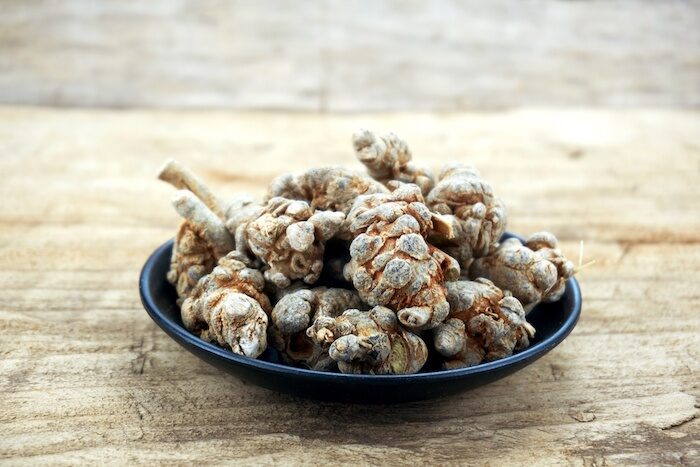Jing Struve, executive director of Farlong Pharmaceutical, said in the release: “We really like the fact that ABC is putting all the clinical scientific studies and research together to help educate the public, so more people can be aware and better understand the medicinal value and wide range of usages of these plants and extracts. We hope that ABC will leverage its own resources and professional networks to help spread awareness, to assist more people in reaping the benefits from using NotoGinseng and Lifeflower.”
Mark Blumenthal, ABC founder and executive director, said in the release: “ABC is double grateful to Farlong Pharmaceutical for its adoption of notoginseng and lifeflower on ABC’s unique and robust HerbMedPro database. These adoptions will not only help ABC keep up to date on the scientific and clinical research on these two herbs, but it will also increase the public’s awareness of their potential health benefits, especially as the emerging modern research supports some of their traditional uses.”
Related: ABC, Euromed Sponsor Botanical Adulterant Symposium Neem Biotech Adopts Garlic, Artichoke Through ABC’s Adopt-An-Herb Program Global Herbal Supplements Market Expected to Reach $8.5 Billion by 2025
Panax notoginsengis a slow-growing perennial that is native to parts of China, Japan, Myanmar, and Nepal. It has been used for centuries in traditional Chinese medicine to improve circulation, for cardiovascular conditions, and to stop bleeding. Pharmacological studies suggest that notoginseng has antioxidant, anti-inflammatory, hypoglycemic, neuroprotective, and anti-coagulation properties.Lifeflower, Erigeron breviscapus, is a herbaceous perennial found in the Chinese provinces of Guangxi, Guizhou, Hunan, Sichuan, Xixang, and Yunnan. It is used in traditional Chinese medicine primarily for cardiovascular diseases, cerebral blood flow, and digestive disorders. Human clinical trials have largely focused on a combination of several flavonoids found in lifeflower called breviscapine. In vitro studies have demonstrated that breviscapine has vasodilation, anti-thrombotic, anti-coagulation, and platelet-aggregation actions. Human clinical trials suggest that breviscapine may have potential benefits for stroke, diabetic nephropathy, and angina pectoris.










